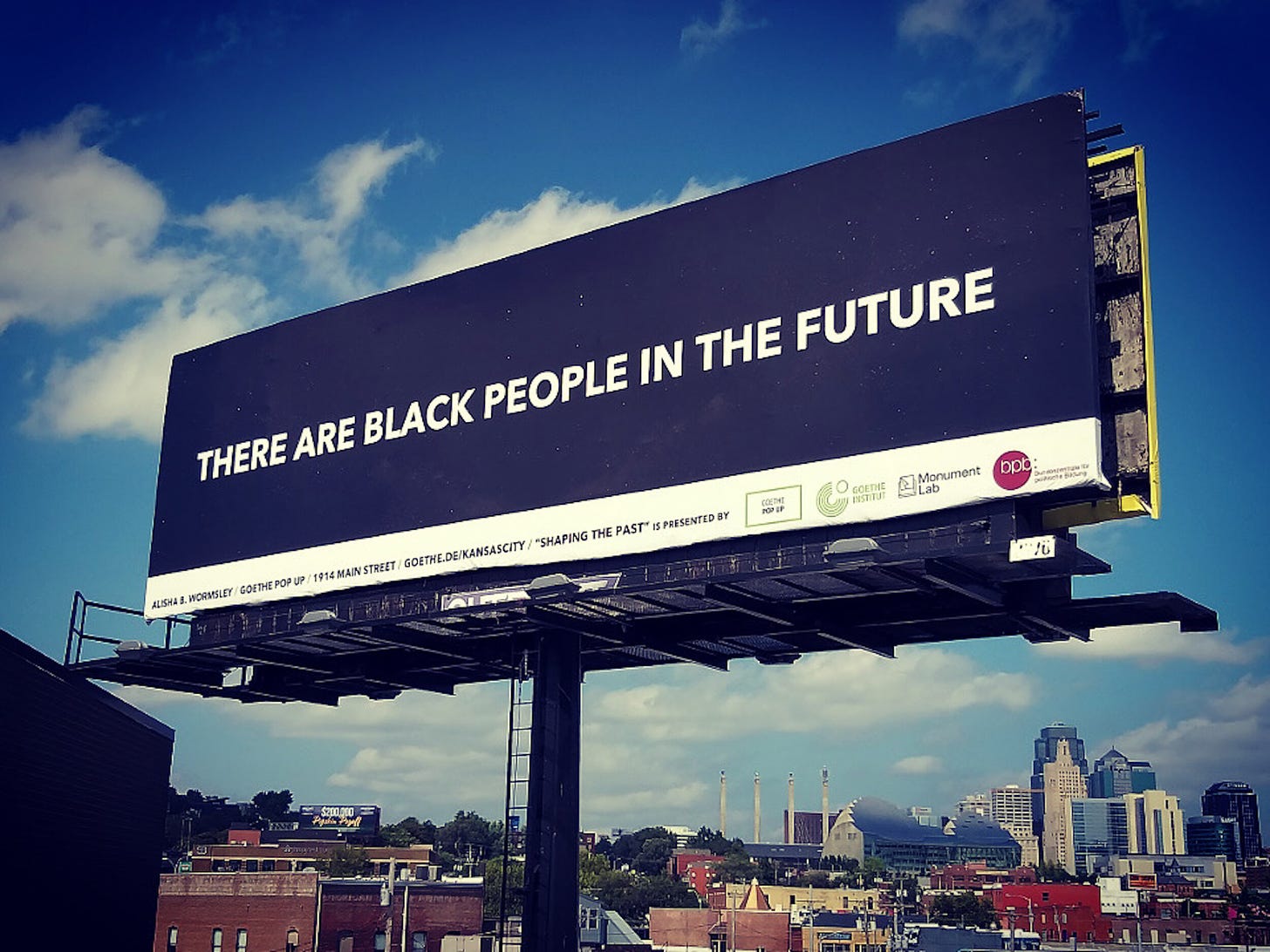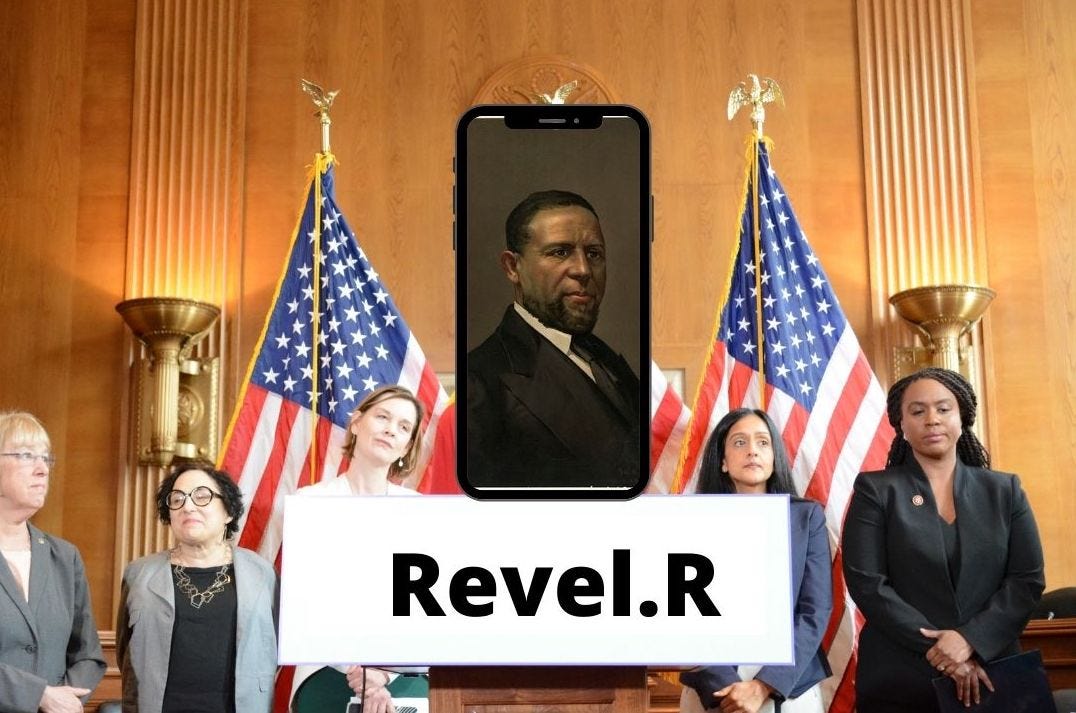Issue #38: A World Without White Supremacy
“[The] dream is a movement with such deep trust that we move as a murmuration, the way groups of starlings billow, dive, spin, dance collectively ...to pass time in the most beautiful way possible."
The Future of Belonging examines how we can redesign tools and remodel approaches to fulfill the basic human need for belonging over the next decade as loneliness, alienation, and exclusion become more pervasive. If this newsletter was shared with you, please thank the sender. I invite you to subscribe and join the community as well.
I stumbled across the Fresh Prince of Bel-Air on HBO a few weeks ago. I've been rewatching the show, reliving the glory that is 90s television. Recently the cast reunited for a reunion special 30 years after the first episode aired. In the intro, Will Smith summarizes the show in three words: revolutionary, hilarious and poignant.
I grew up watching Fresh Prince as a child. In fact, nearly every show I watched in childhood featured a majority Black cast. My parents made sure we saw people who looked like us somewhere even if that couldn’t be our schools and our neighborhood. They played Motown music for us on the way to school. They took us to see Black icons speak like Nichelle Nichols. They displayed Black art around our home and made us watch Roots when we were way too young. We read poetry by Gwendolyn Brooks and Langston Hughes. I wrote a report about the pilot Bessie Coleman in fifth grade, eagerly awaiting resource from the Schomburg Center in New York after I sent them a letter.
My parents immersed my brothers and I in Black culture in our home knowing we would encounter a famine of Black culture once we left home. When my parents moved to Texas before I was born, they had to choose between giving their future family access to quality schools or access to Black community due to the legacy of redlining. Shows like The Fresh Prince of Bel-Air were revolutionary for families like mine, muddling through the consequences of the choice to grow up in a predominantly white neighborhood.
White supremacy is deadly toxic to the body, mind and soul of society. Yet it has persisted through wars, elections, and constitutional amendments, rendering it the cockroach of human ideologies.
Two weeks ago, I had the good fortune to participate in a 3-day Futures Lab co-hosted by UNESCO on the Future of Black America. Although I couldn't attend the entire three-day event fully, the experience was a reminder that imagination is not a luxury but a need, especially when creating visions of Black America in 2050.

One adage that I’ve shared in similar foresight workshops: “The future is a safe space.” The workshop was an opportunity to recenter and reaffirm Blackness in the future and craft new myths and metaphors about Black people in this country. Because the future isn’t a fixed object nor is it pre-determined, each one of us has the opportunity to shape its formation. This collective imagining reminded me of a question that all of us should ask ourselves as we imagine and build the future:
Are we perpetuating or eradicating the myth of White supremacy?
To answer this question, we need to unlearn trauma as the defining experience of our current world informed by White supremacy and the root of our identity. Rather, we can turn toward that which makes and keeps us whole and human. Afrofuturism is a social philosophy, first characterized decades ago, that encompasses the speculative discourse and practices of African Americans along with the ancestral knowledge and cultural practices. Dr. Reynaldo Anderson has written about Afrofuturism 2.0, describing shifts in the movement due to technological acceleration and globalization that make the practice more pan-African and interdisciplinary.
Imagining a future free of White supremacy represents profound consequences for the future of belonging which was why I was eager to participate. We questioned our socially accepted notions of time, ownership, value, and power. I had grand plans for bold imagination and unbridled creativity that I planned to share here. But quickly I felt overwhelmed by the enormity of the task ahead. Some part of me just wants to throw up my hands and say, "I didn't make this mess. So why do I need to clean it up?" The first sentence may be true. However, if we’ve learned anything from the hell of this pandemic and the troubles and grief that still lie ahead, we are connected to each other. We have a duty to care. Marie-Therese Png explains the dangers of awaiting a hero to save us::
“By framing individuals as heroes we defer responsibility from the collective to the individual and confer unrealistic levels of responsibility/burden to solve, in a noble and perfect way, systemic issues—in this case anti-blackness, or underrepresentation of Black internet figures. Of course they are heroes in terms of doing critical and irreplaceable work, but it is akin to the ‘strong black woman’ narrative which expects/forces crippling levels of resilience from Black women when it is for us as the collective to alleviate harmful burden by engaging in anti-misogynoir practices and restructuring/dismantling of social institutions.”
At the end of the Futures Lab, many of the participants supported the creation of a Black Futures Commission that could be a radically participatory vehicle for the voices of the unheard to envision the future, free of the burden of White supremacy. Essentially an invitation for collective imagination to catalyze immediate action —imagin-action. For my contribution to this newsletter, I want to make a contribution of imagin-action with an artifact from the future. Please share your #imagin-action in the comments!
In 2050, lawmaking is a team sport. Only now, the team always includes computational assistant Revel.R. Named after the first African American and Native American to serve in Congress Hiram Rhodes Revels, Revel.R has one mission: uncover the joy that comes with greater maximize equality and well-being. At first, it was difficult to trust Revel.R with this important mission. A few intrepid congresswomen nicknamed “The Squad” used Revel.R in the 2020s to comb through old laws and legislation to discover new levers to regulate and enforce greater equality with laws already on the books. After a couple of high profile successes with voting rights, Revel.R turned its sights on copy paste legislation from lobbyists and special interests groups that made Black Americans sick, poor, and endangered. It wasn’t long before people saw ways to use Revel.R more proactively by feeding the machine learning. Black Americans submitted documentation of wage theft and pay inequity, stories of ill treatment by the health care system, and videos of police brutality. The more data that Revel.R collected, the more it could go to bat contesting the effectiveness of existing legislation and could advocate for more systemic changes.
Upcoming Events
SAVE THE DATE: Our next meetup will be December 15 at 5:30 pm PT/8:30 pm ET. We will be exploring the topic of belonging at work with an interactive activity taking a look at history and its implications for the future. RSVP here.



